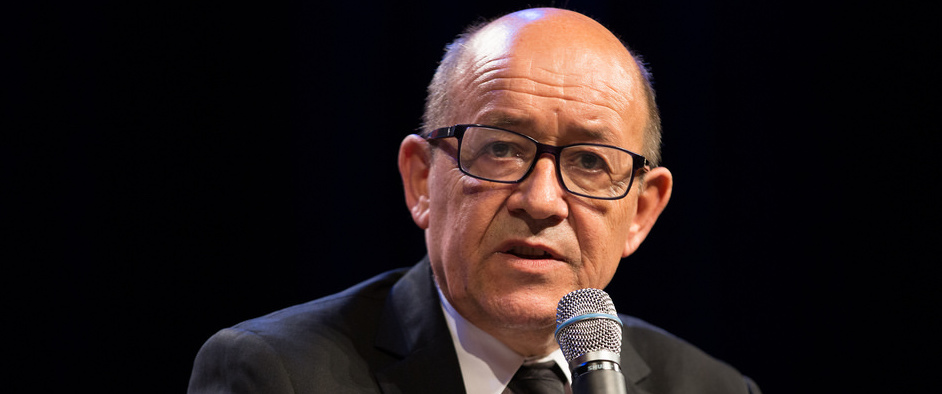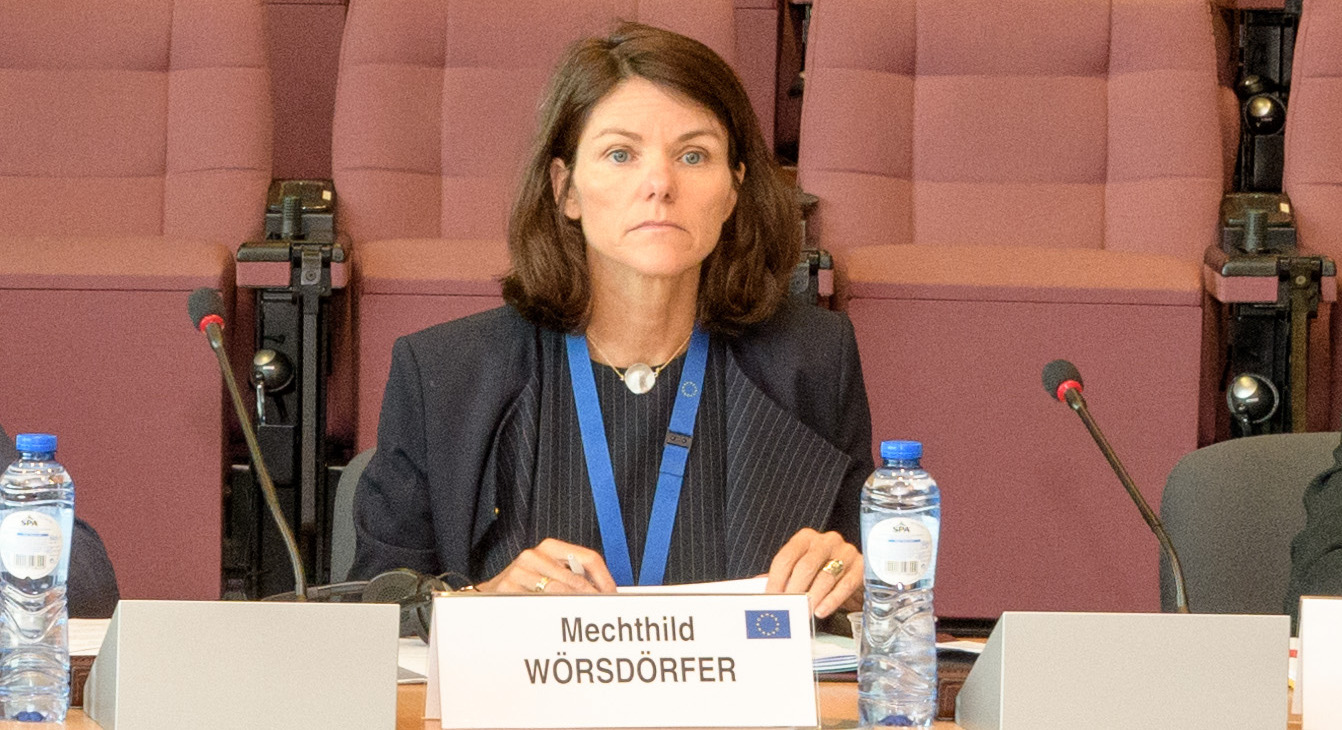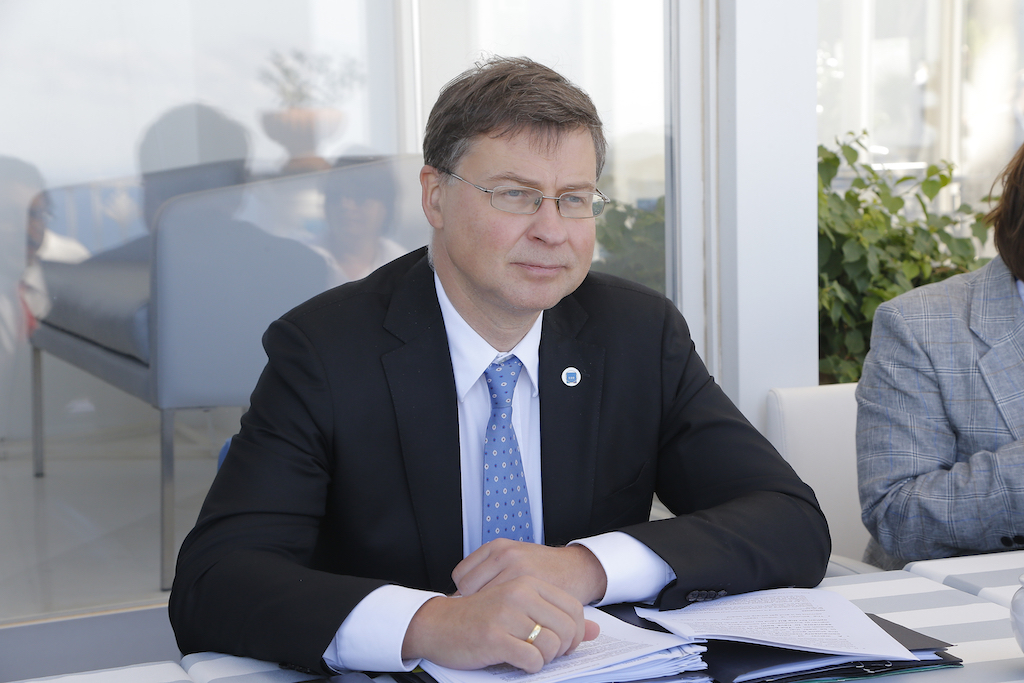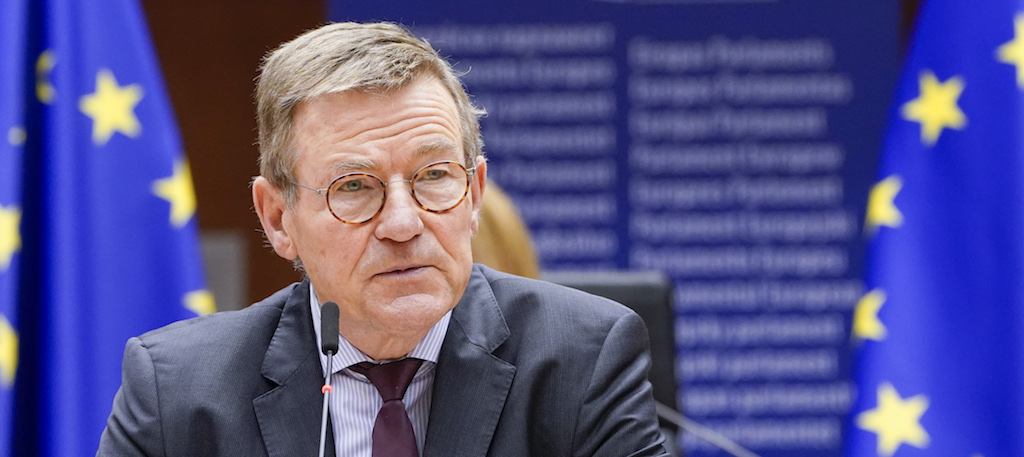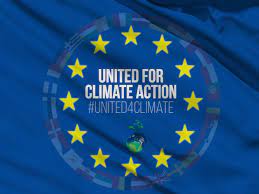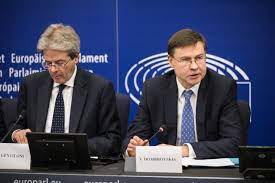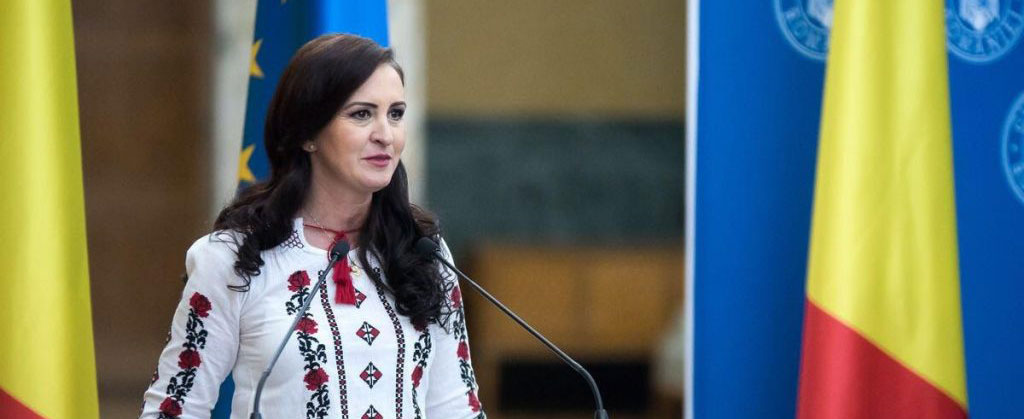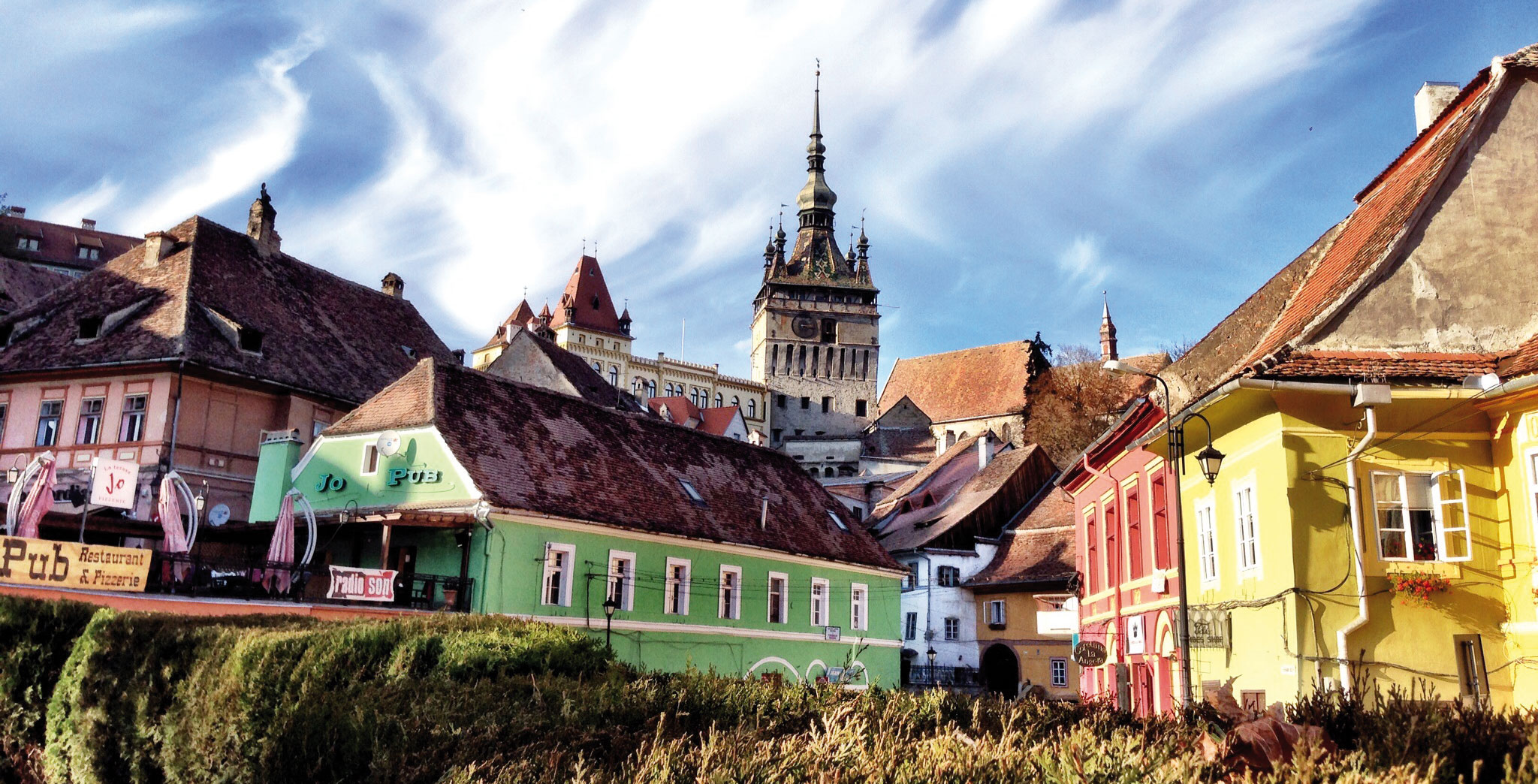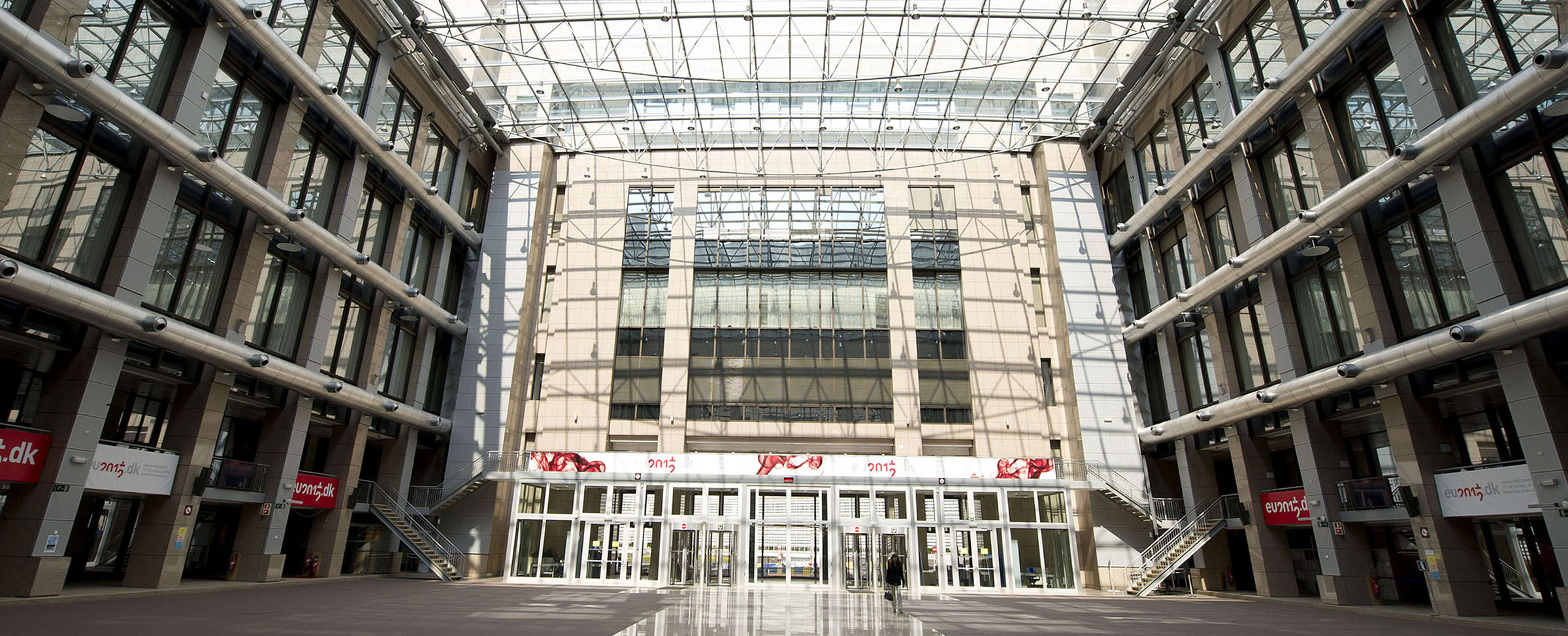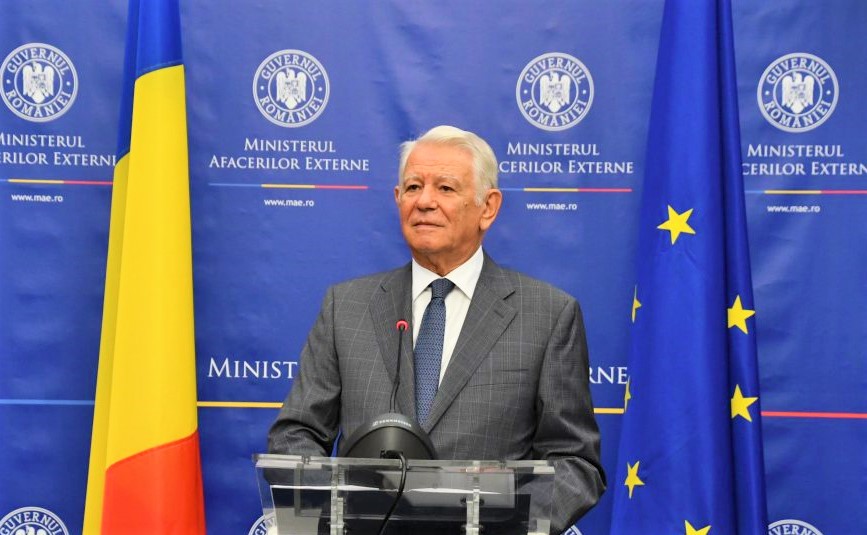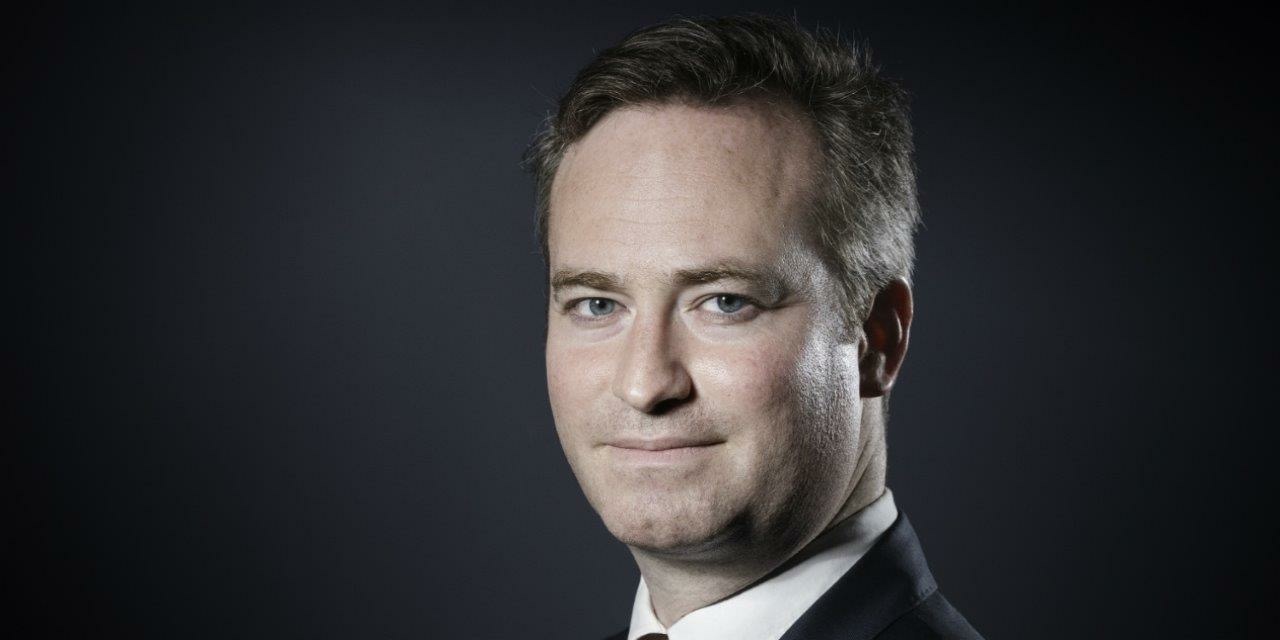
What is your view on the place of local authorities, in particular the regions, in the current functioning and future of the European Union?
Jean-Yves Le Drian. Local and regional authorities have their place in the European Union, notably through the Committee of the Regions, but also through the role of regional parliaments. They are also a driving force for Europe: thanks to the many achievements of cross-border cooperation, Europe has a sure and everyday face for our fellow citizens; they can perceive through them all the benefits of the European construction. I am thinking of very concrete initiatives such as the transboundary natural parks, the Vosges or the Mercantour, or the cross-border tramways, such as Strasbourg-Kehl, which was inaugurated this year. The territorial communities on the border have fully understood the value of going beyond the national framework alone; they have thus initiated European groupings of local and regional authorities, for example, in 2008 the eurométropole Lille-Courtrai-Tournai, the first of its kind. This kind of co-operation is essential for the 360,000 French citizens crossing the border every day in a neighboring country. In addition, regions are key players in addressing the global challenges facing Europe. I’m thinking, for example, of the fight against global warming: it’s up to local authorities on the ground to implement the objectives that Europe has set itself.
Finally, it should not be forgotten that it is the regions that manage the Community funding for cohesion. This represents an envelope of nearly € 28 billion for the period 2014-2020, mainly for economic, social and territorial cohesion projects, as well as for rural development. But we must also have a pragmatic approach. The disparity in the means and powers of local authorities across Europe sometimes makes it difficult to express common positions. From this point of view, groupings based on shared interests are an effective instrument, such as the Conference of Peripheral Maritime Regions, of which Bretagne is a founding member.
By 2015, you have identified six major priorities for Bretagne, including the successful transition of energy and ecology. What is your view on this subject and can Europe be a partner to help the territories in this evolution?
JYLD. This is obviously one of the great challenges of the 21st century for Bretagne as well as for France and Europe. The challenge is global, which is why it is crucial to achieving shared goals at the global level. Otherwise, the efforts of some would be rendered in vain by the inaction of the others. The Paris Conference helped to forge the broad outlines of an unprecedented consensus, but vigilance must be exercised to ensure that the commitments of all parties are respected. The game is far from won, and Europe will have to set an example. In Europe, as I have already said, it is the local authorities who will translate these commitments into action.
The European Union is an essential partner for this, in particular through the Structural Funds which already support investment in of a carbon-free economy throughout our territories. It will have to do even more in the future.
You have also initiated a number of projects to support the economic and social development of the Bretagne region, including strengthening the defense and security sector. How is the Cyber hub so exceptional?
JYLD. Indeed, cyber defense and cyber security are major issues in an increasingly connected world. I think of the capacities of espionage, of paralysis of systems essential for the economic and social life, or even of destruction. No one doubts it yet, and not everyone has yet grasped the extent of the efforts needed to anticipate and prevent threats in this area. My belief is that the threat has changed in scale for the past two or three years. France must be on the cutting edge. The cyber excellence cluster in Bretagne is, to my knowledge, the first in Europe to combine all the key elements of success: bringing together public and private actors, military and civil, by combining training, research and industrialization. The cluster of course works with other partners across Europe, but it is set to become one of the hubs of the European cyber protection network.
The development of the maritime economy is another major challenge. How are France and Bretagne in this sector?
JYLD. I am convinced that the sea will play a decisive role in the future of our country, and that Bretagne can contribute to it. The so-called blue growth is a fact that nobody can ignore, because the globalisation of trade implies an increased maritimisation of the world economy. France is a major maritime power; it has major strengths in this field: I am thinking first of all of the extent of its maritime spaces in each of the oceans of the globe, the presence of its fleets, its naval industry, and its capacities of research. From fishing to renewable energies, from shipbuilding to tourism, from seaweed culture to offshore racing, the opportunities are endless. The Bretagne region is the first maritime region of France. And yet, as for the rest of France, the sea is still far from representing what it should be in our development model. We must therefore intensify our efforts: in research with IFREMER in the forefront, in the development of marine energies on our territory, in the renewal of the fishing fleet to limit the energy bills of ships and to give work to the shipyards, in the competitiveness of our flag, in our ports. In Bretagne, maritime development is unanimous and I have no doubt that our entire country can share such ambition for France; it would confirm the economic vocation of our coast, in metropolitan France as well as in overseas territories.
European news remains dominated by the Brexit. How do you analyse the impact of this event for Europe and for France?
JYLD. We respect the sovereign decision of the United Kingdom to withdraw from the European Union, although we regret it. It opened a period of doubt for both citizens and businesses. It is in our collective interest to put an end as soon as possible to this uncertainty, first by negotiating the conditions for withdrawal and then by establishing the legal framework for our future relations as soon as possible. On the other hand, I cannot go in your direction and feel that the Brexit “dominates” European news: it is obviously a major issue, to which we give all the attention it deserves. But it cannot justify that European work on other subjects stops or even slows down. On the contrary, the election of President Macron, as everyone acknowledges, marked a turning point, a reversal of the trend: now a majority of French people are ready to mobilise again around the European project, provided they recognize themselves and that this project responds to the aspirations of our fellow citizens; and abroad this movement is welcomed by all our partners, believe me! We shall watch over the hope which has thus returned; we have made major advances in recent months, I think for example in the Europe of the Defense. We must also devote our energy to building Europe at 27, and the President of the Republic will make important proposals after the German elections.




